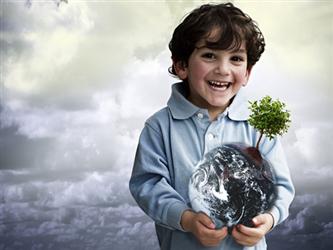
Photo: beliefnet.com
Nota bene
All said and done, one of the main objectives of this posting is to gather some of the ideas and visions that are shaping our imagination and help fashion them into what I hope to be a vaguely coherent vision – or many visions – of the kind of world we are yearning for and hopefully can and might want to live in. It’s just a beginning and is part of a big conversation, the dialogue, to which many the worldover are contributing.
Globally, the coronavirus has taken a tragic toll on all of us. It has shown us what is important, valuable and worthy. Let’s use this time to open our hearts, minds and imagination to what is possible, and start building a better world. Let this be our legacy and answer to the pandemic.
Where is the Life we have lost in living?
Where is the wisdom we have lost in knowledge?
Where is the knowledge we have lost in information?- T. S. Eliot
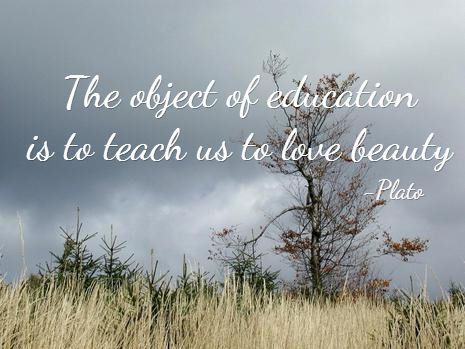
Photo: bing.com
'We become teachers for the reasons of the heart.
But many of us lose heart as time goes by.
How can we take heart, alone and together,
So we can give heart to our students and our world,
Which is what good teachers do?'-THE HEART OF A TEACHER
In the beginning were the words...They bacame languages...They became poetry...They became how we express and project love, goodness, commitment and more
Let the words sing to you, dance for you, empower you to become the person you envision yourself to be: This is the mystery of values-led, purposeful and meaningful education.
This is How Wisdom Grows- Educating Hearts and Minds
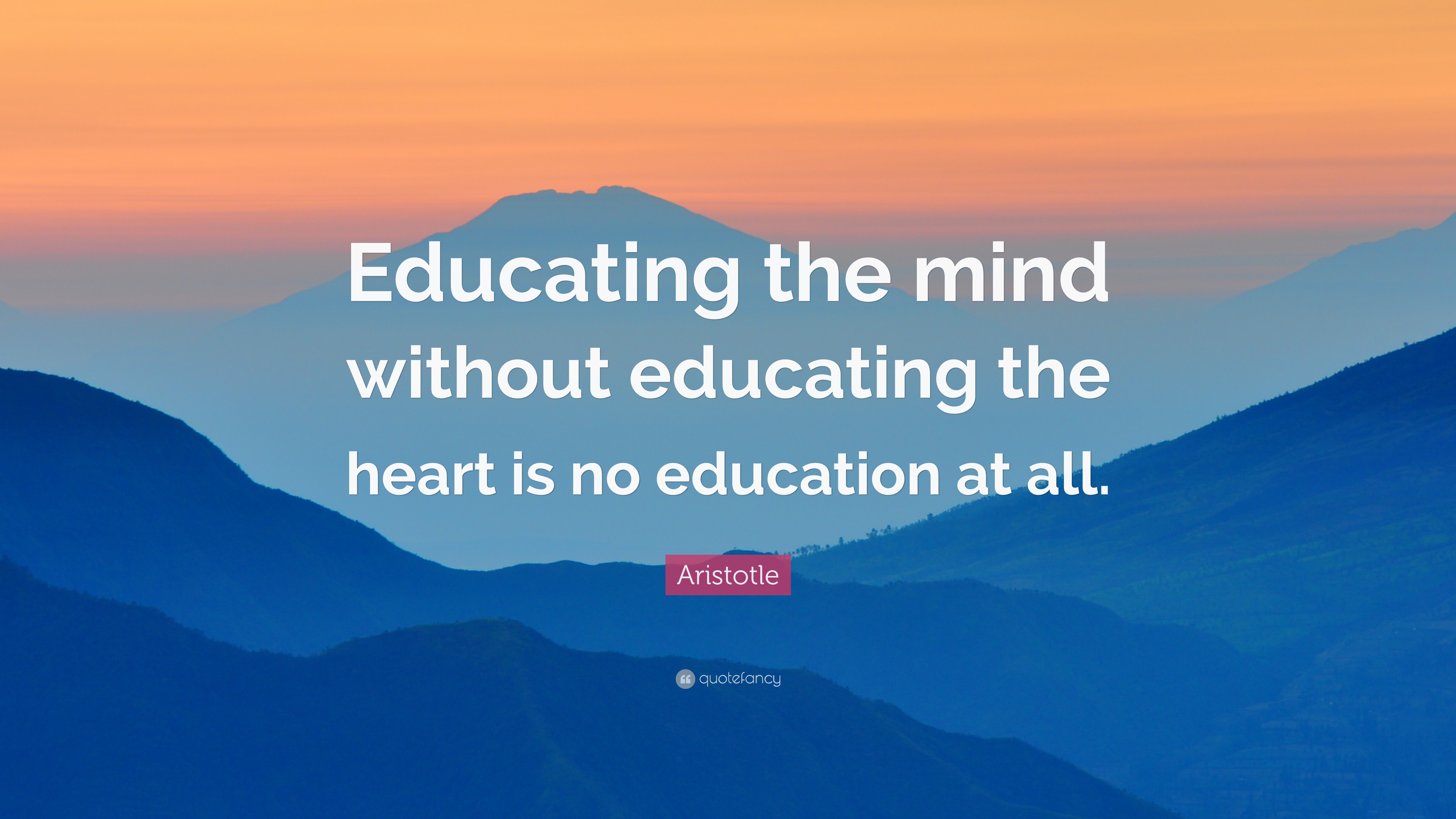
'Some say that my teaching is nonsense.
Others call it lofty but impractical.
But to those who have looked inside themselves,
this nonsense makes perfect sense.
And to those who put it into practice,
this loftiness has roots that go deep.
I have just three things to teach:
simplicity, patience, compassion.
These three are your greatest treasures.
Simple in actions and in thoughts,
you return to the source of being.
Patient with both friends and enemies,
you accord with the way things are.
Compassionate toward yourself,
You reconcile all beings in the world.'- Lao Tzu
The Curse of ‘Modern Education’
When education becomes a meaningless ritual of nothing for nothing
Education is the making of meaning and purpose and the development of thinking individuals. It is the path to wisdom and the discovery of what it means to be human. Meaningless ritualism is the antithesis of all that matters.
Tragically, today, the so-called ‘Modern Education’, designed and implemented solely by the egoistic, narcissistic, values-less politicians- here today, gone tomorrow- has by and large, lost its moral and spiritual compass.
‘The answer is simple: When it comes to education, we have forgotten the big picture, the bigger questions of life, and have built castles on shifting sands, with no valuable and meaningful values, with too much concentration on competition and the so-called “success”.
‘We probably went to school for what felt like a very long time. We probably took care with our homework. Along the way we surely learnt intriguing things about equations, the erosion of glaciers, the history of the Middle Ages, and the tenses of foreign languages.
But why, despite all the lessons we sat through, were we never taught the really important things that dominate and trouble our lives: who to start a relationship with, how to trust people, how to understand one's psyche, how to move on from sorrow or betrayal, and how to cope with anxiety and shame?...’
To continue and read more on this topic ‘is to be invited to lead kinder, richer and more authentic lives - and to complete an education we began but still badly need to finish. This is homework to help us make the most of the rest of our lives.’
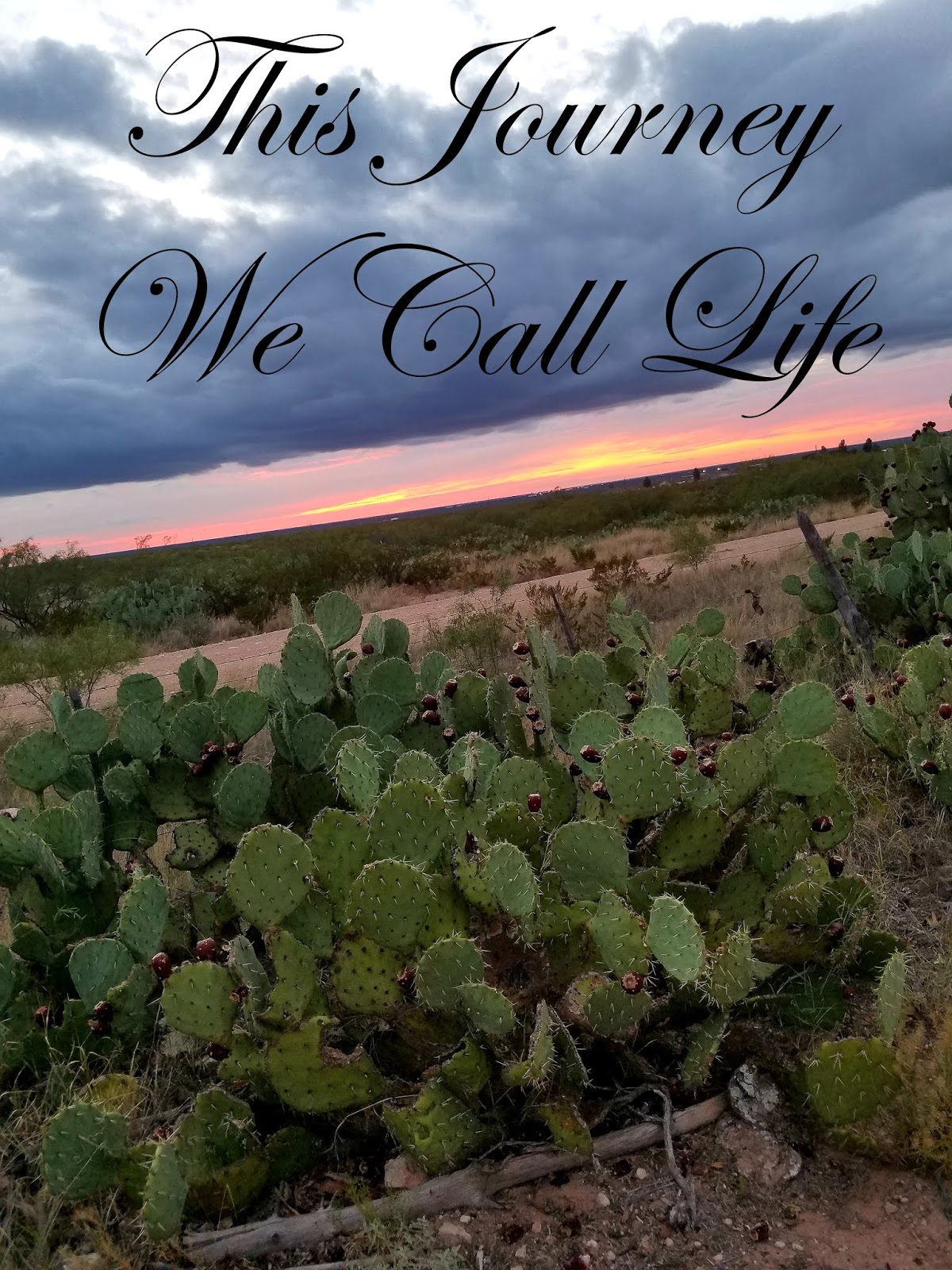
Photo: Successful Secrets
First, I would like to share a little, but a very relevant story with you when I attended a conference on ‘Leadership’ in Geneva in 2015 when I said the following:
…’Aristotle was clear on these matters, when he eloquently reminded us: ‘Education of the mind without education of the heart is no education at all.’ And educators ever since have been battling to ensure that education moves humanity forwards not backwards. If knowledge is power, those in the business of facilitating the acquisition of that knowledge need to be making sure that they put that power in the right hands and help those acquiring the knowledge understand their enormous responsibility to use that knowledge well. The imperative for values-led education with the pursuit of wisdom and not just knowledge on its own as its goal has never been more urgently required than it is now: To provide our students with a dynamic moral and spiritual compass, strengthening their resilience and well-being, and to nurture the development of good character, deep thinking and altruistic behaviour. The outcome of values-led education is the positive transformation of individuals and institutions - exactly what our world needs.
Now I want to share with you a little story about a simple speech I gave at a Forum at the Graduate Institute of International and Development Studies in Geneva on the afternoon of 25th of June 2015.
This session was a public forum, open to all, including the general public, students, the youth and all other interested individuals. Present also were high level dignitaries from Geneva and senior city and university officials.
Interesting speeches on values-led education, business, trade, finance, etc were made.
Now, my little story:
After the speeches and during the Q&A session, when invited by the moderator (Prof. Christoph Stuckelberger) to make comments or ask questions, whilst I had no prior plan to ask any questions or make any comments, somehow, Christoph saw my raised hand.
I got up and allowed my heart, feelings and emotions to guide me in saying the following (as best I can remember now):
I said:
“When I look all around me, it breaks my heart to see that despite so many gifts that we have been given in this life, to be happy, to lead a good and worthwhile lives, we have abused these gifts and have created such a miserable world, the world of multiple, continuing and deepening crisis. Why?”
I then said:
“When I was a young lad, our elders used to tell us that education is a path to wisdom. Education will empower you to take action in the interest of the common good. It will enable you to build a better world, a world of peace, harmony and prosperity for all.”
I then continued that our elders also used to say that:
“Educators, too, are here to make a difference: To do something meaningful and to leave a legacy that guides future generations to take action in the interest of the common good, building a better world. Educational leaders should seek to create cultures where people learn together and lead together to create real and deep sustainable change.”
I then concluded my remarks by asking:
“Then why is it that with millions and millions more “educated” people in the last few decades, the world is in such a mess, misery and continuing into a deepening crisis, etc, etc?
What we see is not a sign of wisdom, but stupidity, ignorance and arrogance, I said. Don’t you think, it is time, we all come together and think very carefully, what education is, what has gone wrong and what ought to be done?”
Wow! The reaction to my comments in the hall, the continuing conversation during the reception afterwards and the stream of emails I have received since, has been very humbling to me. I firmly believe that this is a challenge to every one of us, a challenge that we must rise to if we are serious about values-driven education.”-The Time is Now for Values-led Education to Make the World Truly Better and Great Again
And now reverting back to: ‘What They Forget to Teach You at School’
Modern Education Model and Teaching with No Heart and No Soul,
Standardised Mumbo Jumbo, is Nothing But an Emperor With No Clothes
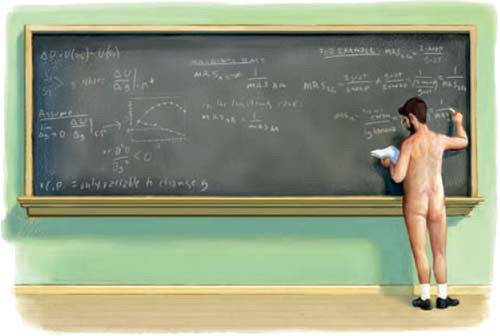
Photo: transitionvoice.com
‘The modern world treats education with unique seriousness. Never in the history of humanity have so much thought and so many resources been devoted to the development of the minds of the next generation. In all advanced nations, until a human is 21 or so, there is little else to do other than study. In sensible households, homework has the power of a sacrament. An army of teachers and educators, colleges and pedagogical bureaucrats is set up to feed industrial quantities of the young through complex staging posts of scholastic achievement. Politicians on every side of the spectrum outstrip each other to prove their devotion to the educational cause. The central government-mandated examinations claim a power to determine the course of our whole lives; the dread they provoke can be felt in dawn terrors decades after the event. It may, in rare, tragic but telling instances, feel like there is simply nothing left to live for if the grades go wrong.
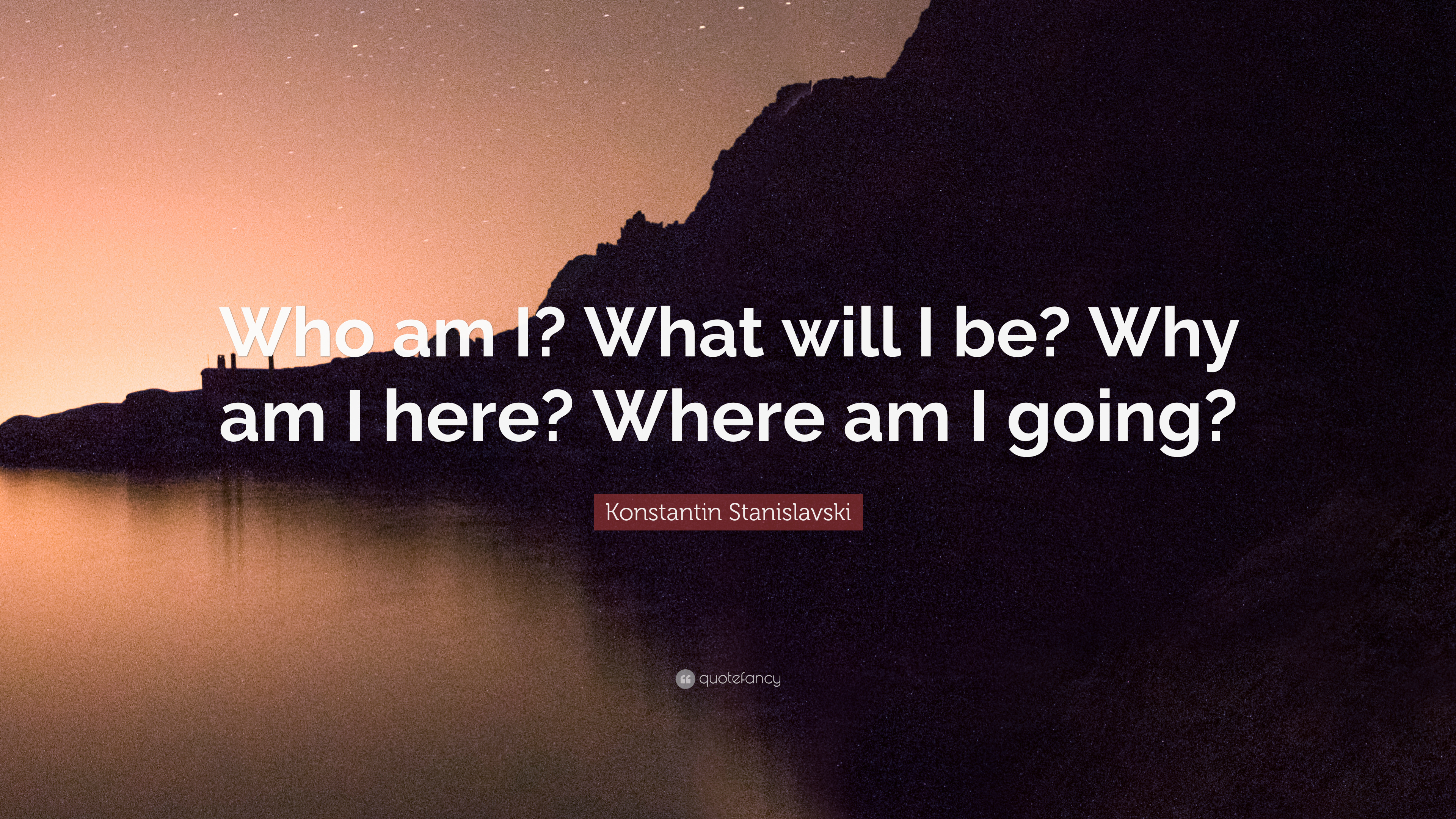
'And yet despite all this, it is very rare to find a thoughtful adult who – by middle age or earlier – does not at certain moments of crisis and difficulty look back in a somewhat puzzled and even incensed ways at their school years and wonder why, amidst all the study, the disciplines, the earnest commitments and the panic, so much managed to be passed over in silence. How come, in all those hours sitting in classrooms, did certain fundamental concepts and notions that would (it now seems) have been so important to a halfway decent life somehow slip through the net? How come there was so much time for calculus, the erosion of the upper glacial layer, the politics of the Burgundian states of the 1400s, the poetry of Emily Dickinson and trigonometric equations, and yet so little time for a range of puzzles that have rendered the passage through grown up life so tricky? Why – in short – did no one ever tell us?
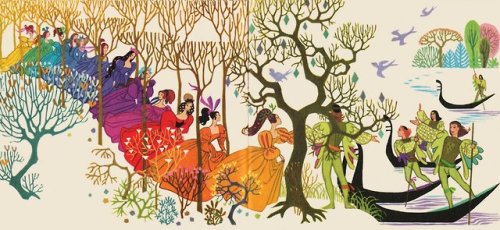
Photo:TeachNorthern
'There are, at present, few places for this thought to go. The debate is overwhelmingly focused on how best to deliver an education to a child; not what he or she should be educated in. School curricula are not reverse engineered from the actual dilemmas of adult life. The subjects in the timetable, and their distribution across the week, in no way reflect what will actually go on to make life such a trial; otherwise, we would be hearing a lot more from our teachers about how to approach the dilemmas of relationships, the sorrows of our careers, the tensions of families and the terrors of mortality… To the surprise of any visiting alien, humans blithely educate themselves as if the chief requirement of adulthood were the possession of a set of technical skills, without acknowledging the fact that what mostly runs us into the sands is not any shortfall in our knowledge of matrix algebra or the French pluperfect but our inability to master what we could call the emotional dimensions of our lives: our understanding of ourselves, our capacity to deal with our lovers, children and colleagues, our degrees of self-confidence, our handle on calm and self-compassion. It is failures in these zones that, far more than anything we might pick up at the best schools and universities, ensures the repeated betrayal of humanity’s best hopes for itself.
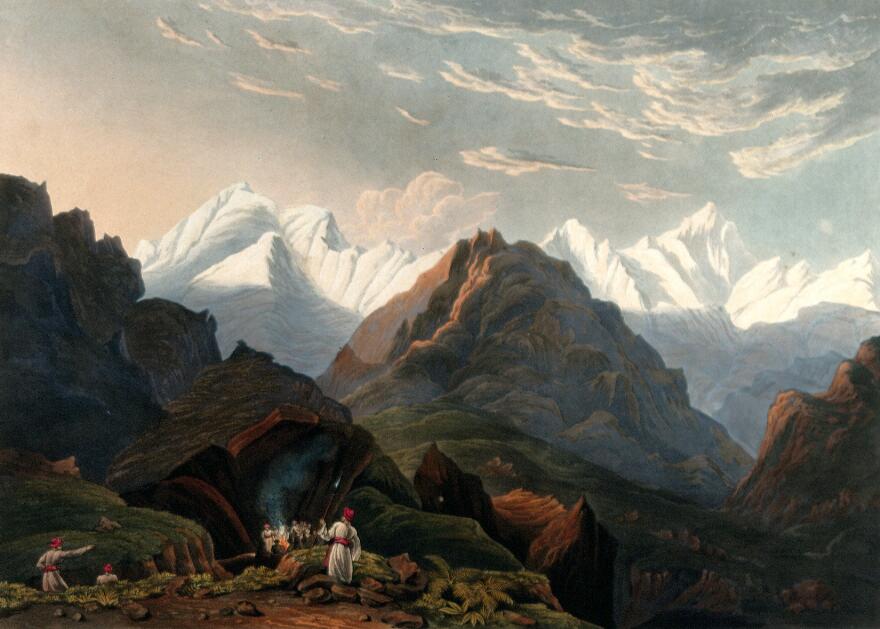
A painting by Fraser, James Baillie, 1783-1856.View of the mountains; a man pointing to the far
distance as others sit around a fire.Wellcome Library
'When we turn over the thought of what we should have learnt, it typically feels far too late, and far too hopeless. Despite our vigour at innovation in so many areas of the economy, a lethargy can fall over education. It is meekly assumed that it may simply be impossible to teach ourselves the sort of emotional skills whose absence we pay such a heavy price for. As the heirs of a misplaced Romantic philosophy, we assume that we should be guided in the emotional realm by our untutored feelings, that one couldn’t possibly instruct anyone in love or wisdom, fulfilment or kindness, that these have to be the occasional and sporadic fruits of time, not concepts that can be harvested systematically from the start. The collective cost of this resignation is vast. It means that every new generation must collide afresh with problems that are, in theory, already worked out in the minds of their aged predecessors. Every young person is compelled once again to discover, in midnight sobs, what is already theoretically very well known about ending relationships, finding a career or dealing with damaged but well-meaning parents. We set ourselves up on our individual islands, and force ourselves – with needless pain – to reinvent the wheel and rediscover fire. The education system is, in this sense at least, the purveyor of a willed myopia. The focus on those glaciers and the laws of motion become unwitting excuses not to learn the laws of kindness or the principles of family diplomacy. The struggles at court in early modern Europe blind us to the need to make time to learn the history of our own anger and the mastery of the sources of despair…’-What They Forget to Teach You at School
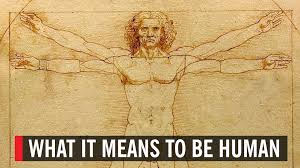
World Science Festival: WHAT IT MEANS TO BE HUMAN
BBC: What Makes Us Human with Jeremy Vine
Cortona Week in Todi, 22-29 June 2019 – Being Human in a Technological World
……
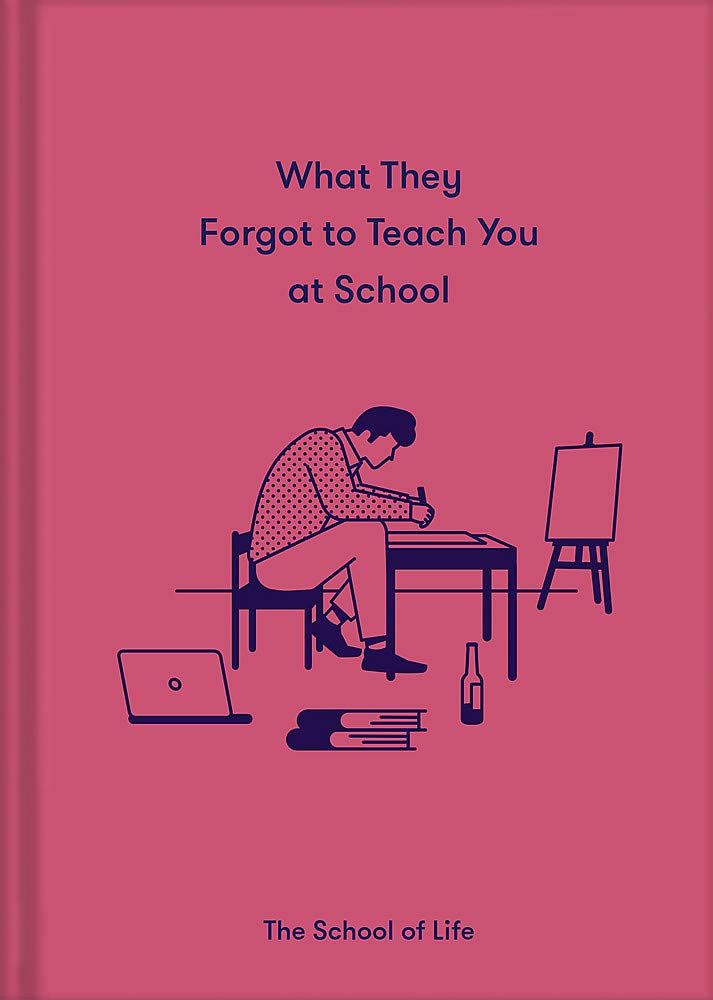
Learn more and buy this book HERE
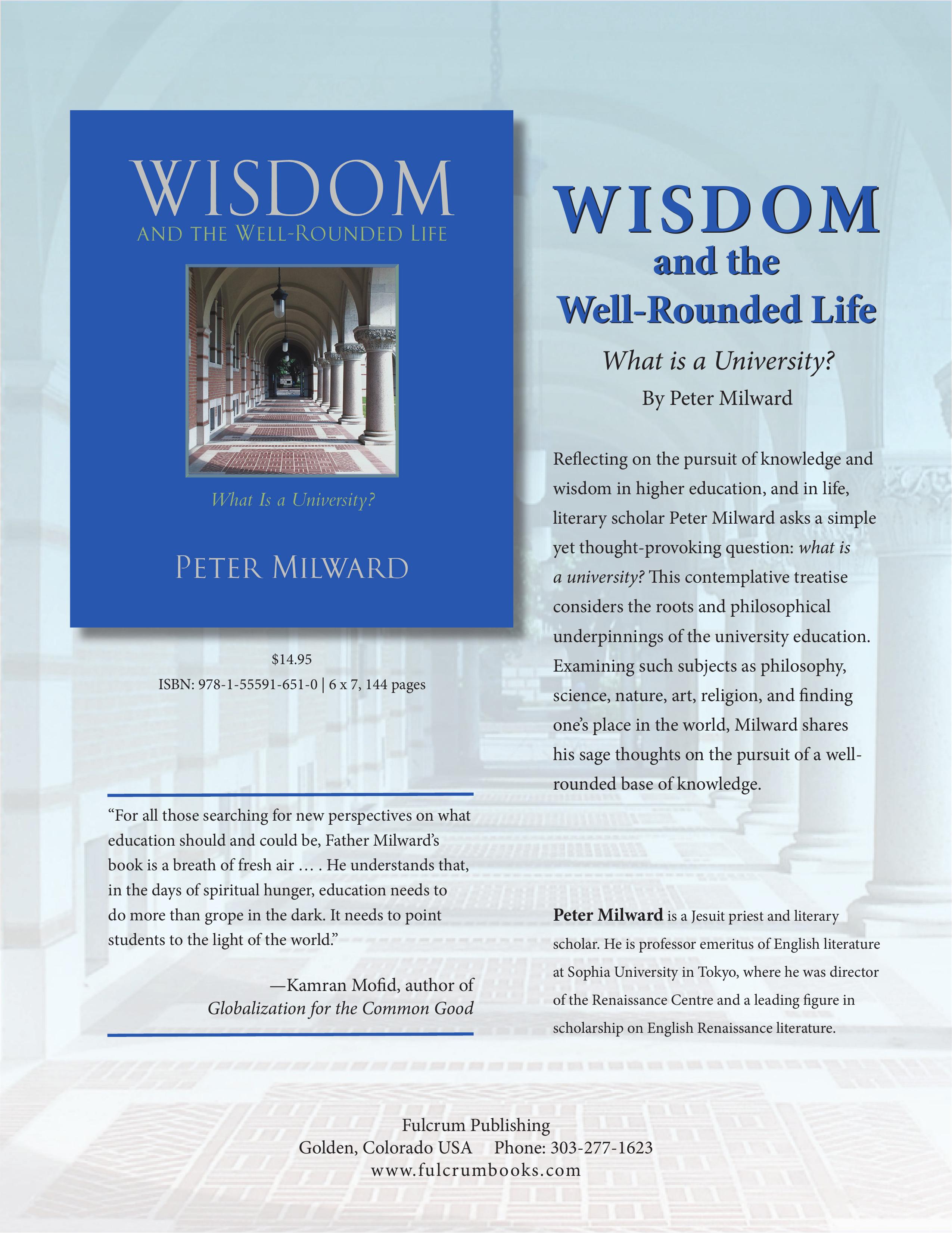
Learn more and buy this book HERE
……
A selection of related readings from our archives:
A Journey of Re-imagining Education
Planting the Seeds of Values-led Education
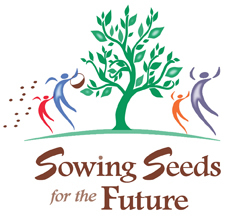
Photo: inspiringnewbeginnings.com
Yes, it is true: “Education is what makes us fully human”
Brexit, Trump and the failure of our universities to pursue wisdom
Britain today and the Bankruptcy of Ideas, Vision and Values-less Education
Socio-economic justice and education
Detaching Nature from Economics is ‘Burning the Library of Life’
The Time is Now to Explore the Benefits of Nature-Based Education in Our Teaching Models
By Forgetting Mother Nature- We have Now Ended Up with This unenviable World
The Time is Now to Explore the Benefits of Nature-Based Education in Our Teaching Models
Nature the Best Teacher: Re-Connecting the World’s Children with Nature
On the 250th Birthday of William Wordsworth Let Nature be our Wisest Teacher
Poetry is the Education that Nourishes the Heart and Nurtures the Soul
Why We All (Children and Grown Ups) Need Emotional Literacy, Now More than Ever
Our Emotional Inheritance and the need for Emotional Education
A Path to a Spiritual Education for the Common Good: Education for a Just and Sustainable World
Towards an Education Worth Believing In
What if Universities Taught KINDNESS?
Why Happiness Should be Taught at Our Universities
Nature the Best Teacher: Re-Connecting the World’s Children with Nature
A Sure Path to build a Better World: How nature helps us feel good and do good
Finding sanctuary in poetry during lockdown
Reflecting on Life: My Childhood in Iran where the love of poetry was instilled in me
Poetry is the Education that Nourishes the Heart and Nurtures the Soul
The beauty of living simply: the forgotten wisdom of William Morris
Simpler life and simpler times: A Journey in Life
Stop the Seeds of Destruction: Toward teaching economics of the real world
Calling all academic economists: What are you teaching your students?
Small is Beautiful: The Wisdom of E.F. Schumacher
My letter to the editor of FT on the teaching of economics
My Economics and Business Educators’ Oath: My Promise to My Students
